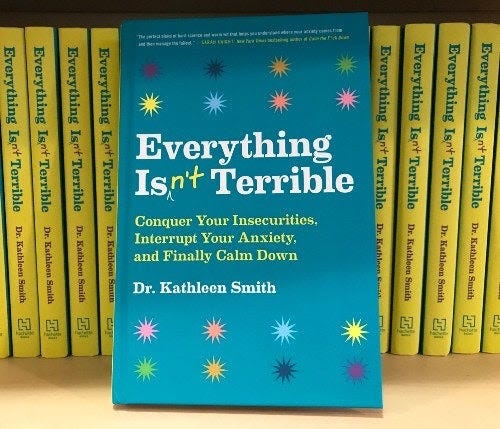20 Questions for Growing in the New Year
Happy New Year from Washington, DC. My kid has been back in school for three consecutive days, which feels like nothing short of a miracle in a city dripping with anxiety and omicron.
I’m loving all the new year conversations with clients. People are rich in data from holiday interactions with family, and they are curious about what can make a difference this time around the sun.
Rather than write about resolutions (which I’ve done), I wanted to give you a list of 20 questions to start the year. Which of these hits the mark?
What challenges or relationships are the hardest to be curious about?
How has distance watered down my relationships?
When do I adapt to keep things calm, even if it contradicts my own best thinking?
When do I abandon my beliefs or principles to seek attention or approval from others?
How do I use attention, approval, or achieving to boost my functioning or manage my anxiety?
When do I let my own maturity (and calmness) depend on people behaving better?
What did I never learn how to do, because someone always did it for me?
When am I quick to label others as the villain, instead of seeing the whole relationship system at work?
When am I quick to borrow the thinking of others, and slow to define my own?
When do I act helpless so that others will function for me?
Where have I neglected to define my own beliefs or principles?
When have I avoided taking a position based on my beliefs?
When am I more focused on managing others than on managing myself?
When have I tried to drag others towards maturity?
What is my part in the family patterns that keep people stuck?
When has my anxious focus helped keep people stuck?
How can I step back and let people be more responsible for themselves?
How can I step up and be more responsible for myself?
How can I respond to anxious situations with more flexibility and creativity?
If I’m not paying attention, what will happen?
These questions are tough. They are part of the slow, steady game of growing in one’s own maturity. And maturity can feel deeply unsexy in a culture that rewards reactivity, immediacy, and even immaturity. It’s not a code that an insurance company will cover. But there is no replacement for being able to think and act for yourself in a family, an organization, or a world that has its own ideas about who you should be, and what you should value.
So cheers to bringing a little more “self” to 2022. To stepping up and to stepping out of other people’s way. To being connected to others and to your best thinking about how to be a human in an anxious world.
News from Kathleen
On the Everything I’ve Learned podcast, I talked to Mark Armstrong about how we use relationships to manage anxiety and how we can grow up a little by paying attention to our families. It was one of my favorite conversations last year. Give it a listen on Apple or Spotify.
For Medium’s Forge Mag, I wrote about how to make less anxious New Year’s resolutions. I also wrote about the value of working on maturity in the new year.
Want to support my free newsletter? Chip in to keep the thoughts flowing.
Want to read more of my writing? You can read old newsletters at my website, or buy my book Everything Isn't Terrible from Amazon, Barnes and Noble, Indiebound, or your local bookstore (best option).
Want a free anxiety journal with the book? Calming Down & Growing Up: A 30 Day Anxiety Journal includes thirty daily prompts to help you reflect on and respond to your anxious behaviors. To receive a copy, just email me your receipt of Everything Isn’t Terrible.
Email me if you’re interested in Bowen theory coaching or want me to speak to your group or workplace. Follow me on Twitter, Facebook, or Instagram.
Want to learn more about Bowen theory? Visit the Bowen Center’s website to learn more about their conferences and training programs.



